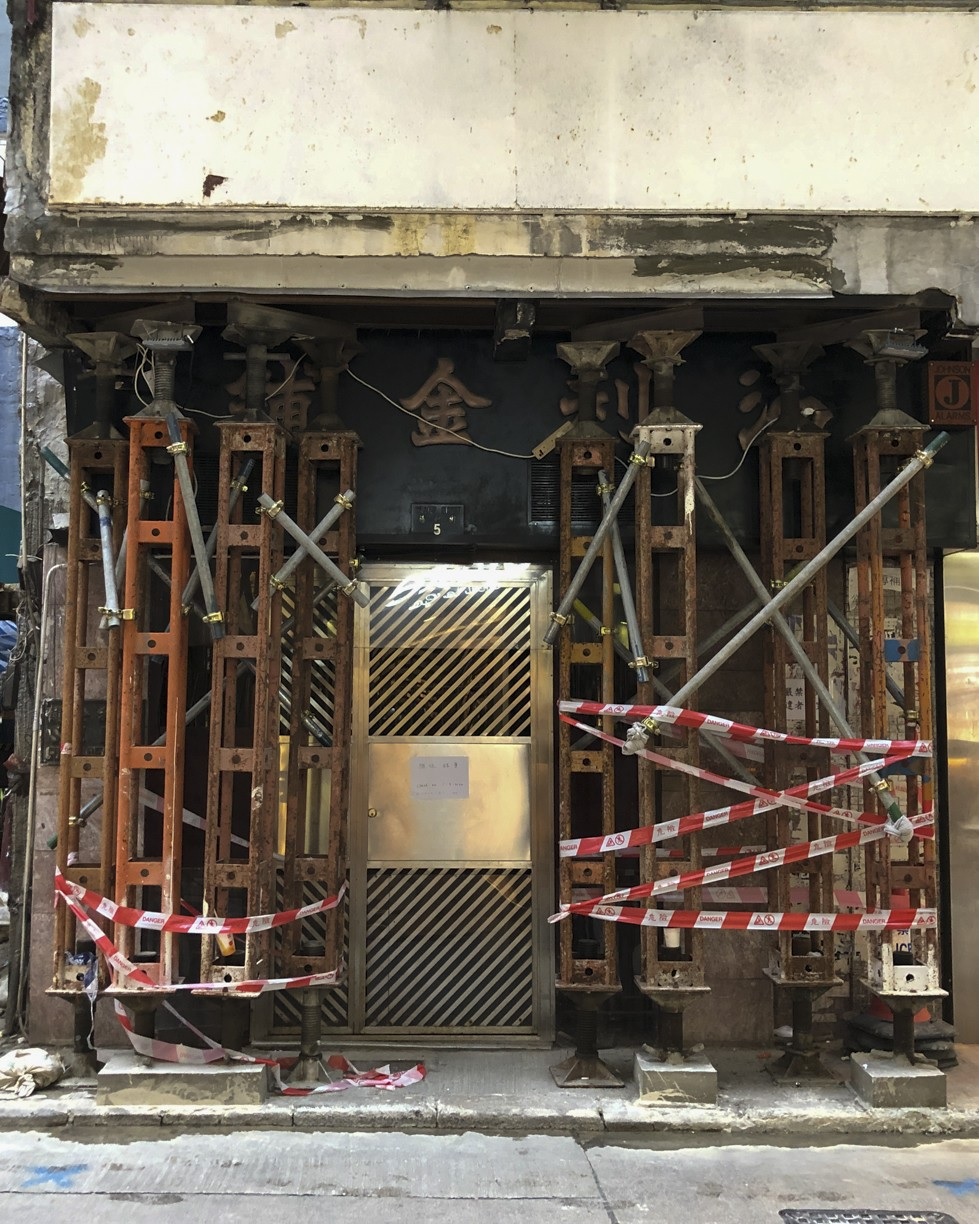NEC Confidential – Practical Tips for Notifying and Assessing Compensation Events
Introduction
Since undertaking pilots in 2009, the Hong Kong government has been extending the implementation of the NEC form across large-scale public works contracts. Between 2009 and 2022, NEC was adopted in over 400 public works contracts totalling HK$250 billion whilst 90% of contracts let in 2022 were under the NEC form.
The NEC suite of contracts was developed to break from the “traditional” adversarial mindset in order to promote a collaborative approach to managing and administering construction projects. The NEC aims to achieve this goal by setting out clear and straightforward procedures and timeframes to deal with the events which typically affect construction projects including, amongst others, changes in Scope, risk events, errors or unforeseen events.
One could be forgiven for thinking that, if these procedures are strictly followed and the parties abide by “the spirit of mutual trust and cooperation” enshrined in Clause 10.2 of the ECC, the administration of the Contract should be straightforward and successful for all parties. However, in practice, this is not always the case.
Whilst numerous Linkedin posts and conferences trumpet the benefits of collaborative contracting, what’s actually happening on the ground? From our experience, difficulties are being experienced in several areas.

Deviation from the stated procedures and timeframes when dealing with compensation events can give rise to a host of unintended problems. In this article, we look at some examples of such issues and outline key actions which Contractors can and should take to ensure that they are in the best position to assess compensation events correctly.
Compensation Event Notifications
Under NEC4, if an event affects the Defined Cost, Completion or meeting a Key Date it is defined under Clause 60.1 as a compensation event and a notification is necessary. If the event arises from the Project Manager or the Supervisorgiving an instruction, the Project Manager issuing a certification or changing an earlier decision, then the Project Manager is required to notify the compensation event to the Contractor.
For the other events defined under Clause 60.1, the Contractor must notify the compensation event to the Project Manager within 8 weeks of becoming aware that the event has happened.
Let us consider the notification and assessment of an ongoing event and the problems that may arise. Our hypothetical project comprises the construction of a diaphragm wall. The construction will take 12 months. The diaphragm wall construction is on the critical path to completion. Upon commencing the works, the Contractor encounters physical conditions which leads to significant changes to the depth of the diaphragm wall and causes delay to the date for completion. The Contractornotifies a compensation event. How should the time-related impact of the event be assessed under NEC4? Let us consider two scenarios.
Scenario 1 – The Project Manager accepts the compensation event and requests a quotation.
Scenario 2 – the Project Manager rejects the principle of the compensation event.

Scenario 1 – The Project Manager accepts the compensation event and asks for a quotation
Changes to ground conditions are a very common scenario in Hong Kong foundation projects. In our hypothetical scenario, the as-built founding depths of the diaphragm wall are identified as being deeper than those shown on the Drawings. How should the Contractor assess under Clause 63.5 the impact of the deeper founding level on the remainder of the works?
Whilst the Project Manager has accepted the event in principle under Clause 61.4, under clause 63.1, the change to the Prices is assessed as the effect upon:
- The actual Defined Cost of the work done by the dividing date,
- The forecast Defined Cost of the work not done by the dividing date, and
- The resultant Fee
Clause 63.5 requires that the assessment of the future effects of the compensation event be undertaken on the basis of a forecast. However, the progress of the future diaphragm wall works could vary significantly depending on the geological conditions. Furthermore, the Project Manager may be unwilling to accept a quotation where the future impact of the event could not be reasonably forecast.

The options open to the Contractor are as follows:
- Prepare a quotation based on the condition of the initial deeper wall panels with risk allowances for cost and time for matters which have a significant chance of occurring and are not compensation events (as permitted under ECC Clause 63.8). The risk here is that the ground conditions over the remainder of the diaphragm wall works could differ significantly from the initial panels, with either deeper or shallower panels. Furthermore, works at the commencement of the project may be less productive due to the learning curve effect. It may not therefore be reasonable to use output data from the initial panels as the basis for future productivity forecasts;
- The Contractor discusses the situation with the Project Manager and suggests some assumptions for inclusion in the quotation. Under ECC Clause 61.6, “if the effects of a compensation event are too uncertain to be forecast reasonably, the Project Manager states assumptions about the compensation event in the instruction to the Contractor to submit quotations”. If these assumptions later turn out to be incorrect, the Project Manager notifies a correction which in itself becomes a further compensation event under 60.1(17). Note that under the NEC, there is no provision for the Contractor to include assumptions in his quotation (only risk allowances – see scenario (a) above).
- Similar to item (b), the Project Manager could also request, under Clause 61.6, the Contractor to assess the compensation event progressively. The Contractorwould assess the compensation event by splitting the diaphragm wall panels into groups. The initial assessment of the effect of the compensation event on the programme would be on the basis of the initial group of completed wall panels, but the assessment would be updated with as-built date as the following groups were completed. The benefit of this method is that it is fair to both parties as the assessment should not result in either a significant under assessment or a significant over assessment of the delays.
The second and third options should provide fair outcomes for the determination of the impact of the compensation event.

Scenario 2 – The Project Manager rejects the compensation event
Let us consider the situation where the Project Manager notifies the Contractor that he does not consider that this constitutes a valid compensation event under Clause 60.1. The Contractor, however, maintains his position that the changed physical conditions constitute a valid compensation event. However, with the compensation event rejected, the Contractor is not in a position to submit a quotation.
By the time the Project Manager rejects the compensation event, over 8 weeks could have elapsed and in that period the Contractor has continued to work. The Contractor may have implemented measures to catch up the delays caused by the varied physical conditions. Because of this, the delays may not have been correctly reflected in a revised programme.

In this scenario, if the Contractor is convinced that the event constitutes a valid compensation event, he could make provision in his updated programme for the effects of the rejected compensation event. This could be marked as “CNCE-XX” to denote the impact of the event pending acceptance by the Project Manager.
In the meantime, the Contractor should follow up on the Project Manager’s rejection of the compensation event for the changed physical conditions with further details to justify his position that it is a valid compensation event. Under Clause 61.4, the Project Manager has only limited reasons for a valid rejection of a compensation event notably, if the event:
- Arises from the fault of the Contractor;
- Has not happened or is not expected to happen,
- Has not been notified within the timescales set out in these conditions of contract,
- has no effect upon Defined Cost, Completion or meeting a Key Date, or
- is not one of the compensation events stated in the contract.
If the Project Manager subsequently confirms that the event is a valid compensation event, further time has elapsed and the project landscape has invariably changed. By incorporating time allowances for incorrectly rejected compensation events, the parties can more easily identify the impact of the events if the Project Manager (or a tribunal) subsequently accepts the event as valid.
The alternative situation (to including time for a rejected compensation event) is one which should be avoided. By ignoring the event in the programme, the planned Completion in the programme will likely be later than the Completion Date and the programme rejected. The Contractor would have to include in the programme his plans to deal with any delays under clause 32.2. In this instance, the Contractor would then have great difficulty recovering the impacts of the event together with any measures included in the programme to recover delay.
Multiple Events
The above scenarios consider, and the NEC procedures are prescribed on the basis of, a single issue. However, in practice, on large complex projects, the parties will be dealing with multiple events. If we consider the timings, the Contractor has 8 weeks in which to notify a compensation event, following which the Project Manager has 1 week to respond to the notification and instruct the Contractor to submit a quotation within a period of 3 weeks. The Project Manager then has a further two weeks to accept the quotation, ask for a revised quotation or notify the Contractor that he will be making an assessment. Assuming the best-case scenario therefore, wherein the Project Manager accepts the quotation, a period of up to 14 weeks can pass between the event occurring and the quotation being accepted.

Contractors need a systematic approach to record and demonstrate the impact of events
It is therefore important to administer the compensation events (whether accepted or not) systematically to support the case. If compensation events are not included in the programme submissions, and are subsequently accepted, retrospectively assessing the impact can be exceedingly difficult and create significant conflict between parties.
Conclusions
The NEC contract relies on a spirit of mutual trust and cooperation. However, from our experience, early indications are that adversarial mindsets are creating friction in the process. In particular, this article considers the process where the validity of a compensation event is denied. It is important that dialogue between the parties is maintained and that, even where agreement cannot be reached, some provision is made in the programme for rejected or disputed compensation events. This should reduce the scope of disputes should the Project Manager or a tribunal subsequently accept the event as valid.
Contract Dispute Consultants HK Limited
CDCHK are Hong Kong’s leading claims and contractual consultancy providing support to first tier contractors working on complex infrastructure and building projects worldwide. Recent assignments have included advising contractors on NEC3 and NEC4 projects involving metro, tunnels and water works. Other assignments have included rail projects in Canada and Hong Kong, cable stayed bridges in the United States, Canada and Hong Kong, power projects in the UK and airport projects.

